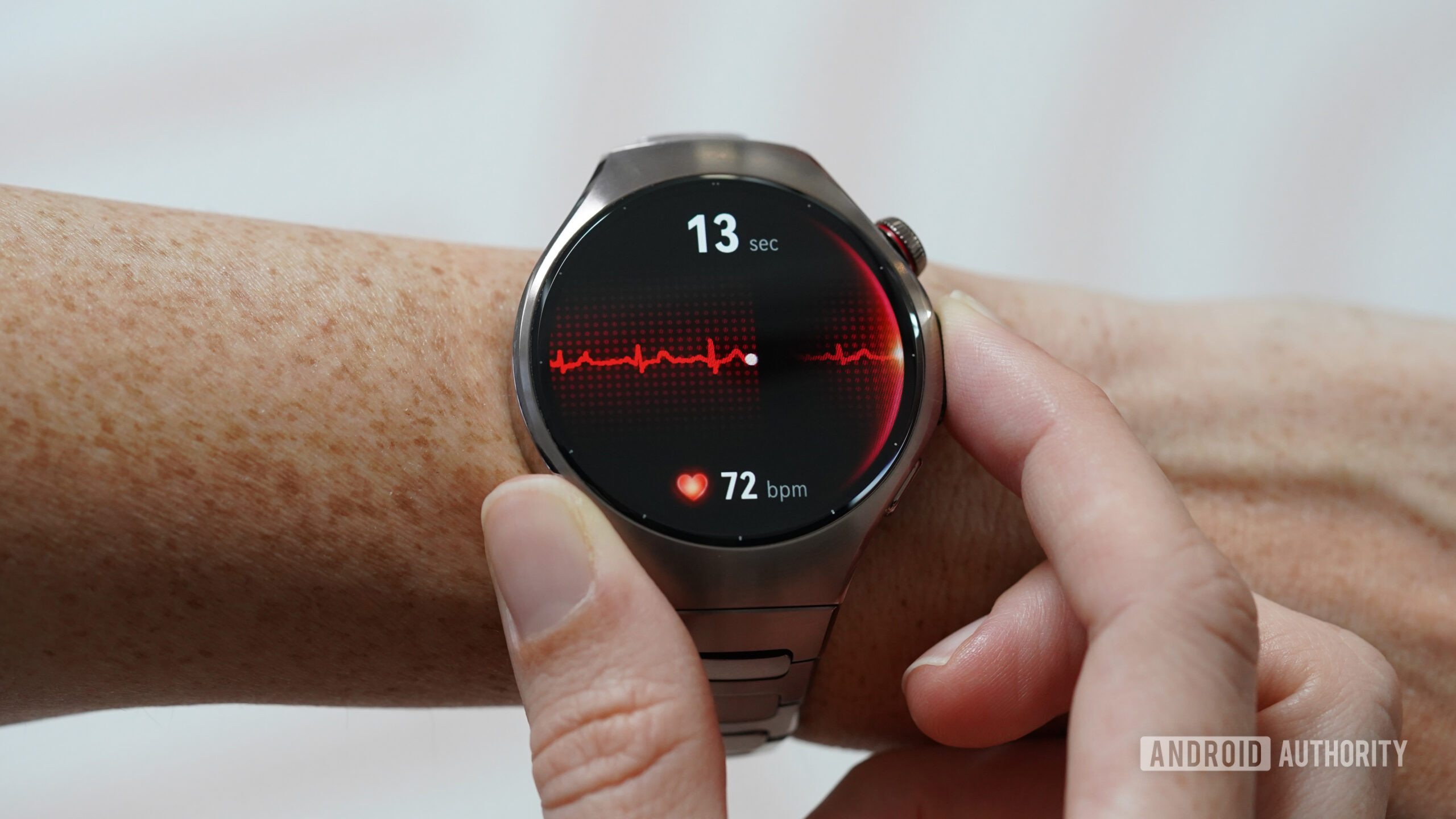Kaitlyn Cimino / Android Authority
TL;DR
- The US government has proposed a new nationwide system for easy access and sharing of digital medical records.
- The system involves more than 60 tech companies uniting to create a central system that can be used by healthcare and mediclaim providers.
- It involves using AI chatbots to help patients note their symptoms and receive help for chronic illnesses such as obesity and diabetes.
The US government is looking to change how US citizens store and share their health records. US President Donald Trump yesterday announced a new system that will store the medical history of all citizens in electronic formats that will be easy to share with various medical facilities, such as hospitals, clinics, pharmacies, as well as with mediclaim providers. The government is also working towards creating a consolidated medical ID, akin to your social security number, to allow quicker access to medical history.
The project will be developed with the involvement of over 60 leading technology companies, such as Apple, Amazon, Google, Microsoft, OpenAI, etc. It will be supervised by the US Centers for Medicare and Medicaid Services (CMS), which expects to ship an Interoperability Framework in the first quarter of 2026.
In its press release, the CMS adds that the infrastructure will enable a data exchange between various “health information networks and exchanges, Electronic Health Records (EHR), and tech platforms.” In addition to facilitating easy sharing of personal data records — and allowing citizens to switch to new healthcare plans and facilities, the CMS also envisons its system to make “personalized” tools accessible to the citizens, “so that patients have the information and resources they need to make better health decisions.”
In addition to a digital framework for sharing health records, the administration also eyes technology products that will help Americans take control of chronic illnesses, especially diabetes and obesity. In addition, CMS plans to add conversational AI chatbots, similar to ChatGPT, that will help patients check their symptoms for an early prognosis and schedule appointments. Additionally, the CMS aims to completely eliminate handwritten records and transition to a fully digital system.
The CMS has started building APIs (or application programming interfaces) that will help developers integrate the system into their apps. This will be based on the Fast Healthcare Interoperability Resources (FHIR) format, which is an open-source standard for storing medical records and is already supported on Android and iOS. While the CMS did not explicitly mention so, we can expect smart wearables, especially smart rings and smartwatches, to be included as a means of data collection. This would be in line with Health and Human Services (HHS) Secretary Robert F. Kennedy Jr.’s vision of ensuring every American has a smart wearable by the end of Trump’s current tenure in the White House.
Is it really a good idea?
Despite the government’s enthusiasm, the announcement triggers privacy concerns, primarily since FHIR records are not inherently encrypted. Instead, the operators are advised to use secure channels for sharing health records. Further, the governing federal law, i.e., the Health Insurance Portability and Accountability Act, or HIPAA, only enforces that the “individual and HHS receive timely HIPAA breach notification,” instead of imposing more serious penalties on the culprits.
And to add to that, allowing AI companies to access your private healthcare data opens another can of worms, which could end up in them misusing your medical history for their financial gains. Thankfully, for now, the facility is voluntary, but we can’t say if that remains the case in the coming months.
Thank you for being part of our community. Read our Comment Policy before posting.








